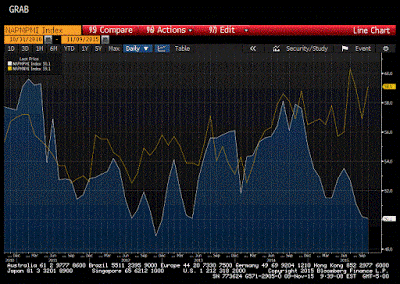Leveling Australia’s Superannuation Playing Field
The taxation of superannuation has been the cause of much consternation. Much of the difficulty is the result of the slow drift of superannuation from the moorings of its original purpose.
In introducing the superannuation guarantee in 1992, the Keating government was pursuing an ideal firmly centred on the ordinary person of ordinary means. The hope was to extend superannuation to the entire workforce as a means of ensuring working people were not wholly dependent on the state in funding their retirement.





